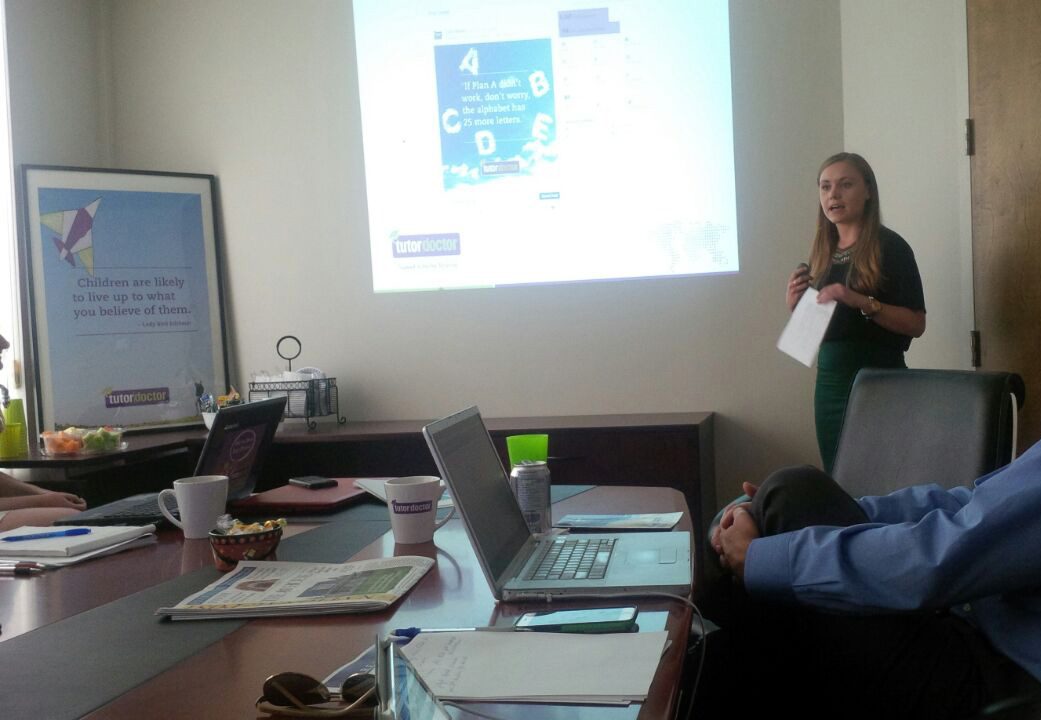Chunk learning time – Students learn best when learning is done in small time blocks with breaks in between. Start with 20 minutes of learning time for a younger child and 45 minutes for a high school student. If they lose focus before the time is up then the learning period is too long.
Keep it positive – Keep things positive and always end learning periods on a high note. It’s better to stop while you’re ahead than to push too far and end up with tears and negative feelings.
Set break time limits – It’s important to take lots of breaks, but set time limits so your child knows when it is time to get back to work. Breaks should be long enough to allow your child to rest and reset, but not long enough to get out of the learning mindset. 20 minutes is usually a good place to start.
Do what works for you – Every student is different and what works for others might not work for your child. Be flexible and work together to find the things that are effective for your family. There is no magic formula for successful learning!
First this, then that – Make a deal with your child to do something unenjoyable and then they will get something enjoyable. Like, first finish these 2 math problems and then we’ll go outside. Always hold up your end of the bargain! If you change the deal to get in one more problem, this strategy will not work again.
Don’t worry! – Even the best laid plans don’t work out sometimes and that’s ok! If your child isn’t in the learning mood today, don’t worry. Engage them in activities that help them learn life skills and have some fun!
What to do when the school work is finished
If your child works through their school work quicker than you expected you may be wondering what to have them do next. We suggest filling their time with life skills and other learning activities. Here are our tips:
First, check that their work was done well and that they didn’t rush through to get to the fun stuff.
Bake or cook together – Baking and cooking are great lessons in fractions, plus you get to eat your learning materials!Do some yard work – Spring is a messy time of year. Get some fresh air and work together to learn about keeping your environment clean!
Go on a hike – Get outside and explore the world around you. There are learning opportunities everywhere!
Teach them to make and balance a budget – Get them to help with your household budget if you’re comfortable or give them an income amount and have them create their own budget.
Do a science experiment – Learn the scientific method by making predictions about what will happen and then drawing conclusions based on the results of your experiment. Have them write their thoughts down for some reading and writing practice.
Write a letter – Work on letter writing skills by writing a letter or email to someone you know, a character from a book or cartoon, a public figure, or their favorite author.
Watch a documentary – There are all kinds of really interesting documentaries about everything from animals to history to space. Pick one that involves your child’s interests and learn something new together!
Have fun! – Work in learning opportunities when you can, but focus on enjoying your time together and making wonderful memories!




